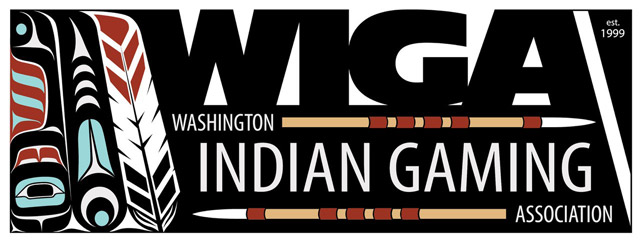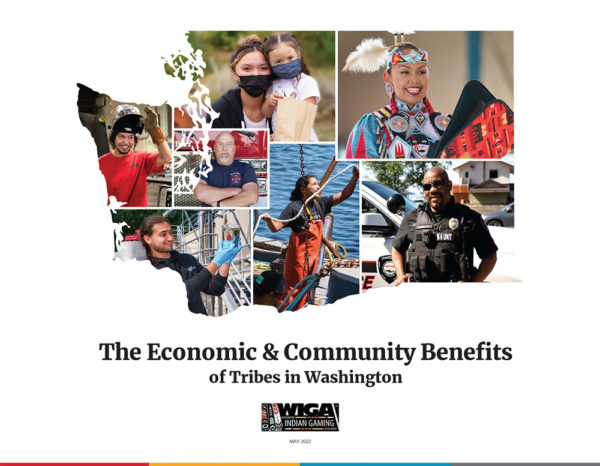Washington’s 29 tribal governments are having a significant impact on the state’s quality of life, according to a leading national economist.
Tribal governments “fund schools, housing programs, health clinics, environmental rehabilitation, infrastructure development, firefighting, law enforcement and other public services for Indians and non-Indians alike,” reports Jonathan B. Taylor, an independent economic consultant based in Massachusetts.
The economic analysis summarized in Taylor’s report shows that tribes are large employers, fiscally independent governments and contributors to the public good in Washington. “Were it not for COVID-19, tribes would be an even greater presence, and tribal resilience promises a complete recovery when it becomes possible.”
The stories highlighted throughout the report show the commitment and creativity of tribes and the benefits that accrue to Washingtonians because of tribal actions and initiatives. “Tribal governments vaccinate teachers and first responders, open community centers to neighbors, fund off-reservation schools, maintain public safety and collaborate with state and local governments on everything from road construction to salmon habitat restoration.”
Taylor concludes, “If tribes were out-of-state corporations bringing this economic activity and public-spiritedness to Washington, legislators would likely offer tax waivers or reductions. And, rooted as they are in the lands and waters of Washington, tribes will never threaten to take operations or profits out of the state.”
Key Findings
- The total effect of tribal government and enterprise spending within Washington exceeded $6.6 billion. And that sum yielded $1.2 billion in state and local taxes in Washington.
- Altogether, the economic activity of Washington tribes created 54,000 jobs (37,371 directly created by tribes).
- Tribal economic activity has grown dramatically in the state. When we reported on the Indian economy in 2004, their economic impact was $2 billion and tribes directly employed about 13,000 people.
- 100% of tribal net income translates into government efforts to build more vibrant households; ample housing; better schooling; healthier, safer communities; cleaner environments and other public goods, services and amenities in the state of Washington.
- Tribes are more fiscally independent. Before the disruptions of COVID-19, more than three-quarters of tribal budgets originated from tribal sovereignty. Even during COVID-19, the majority of tribal funding came from tribal governments and businesses.


